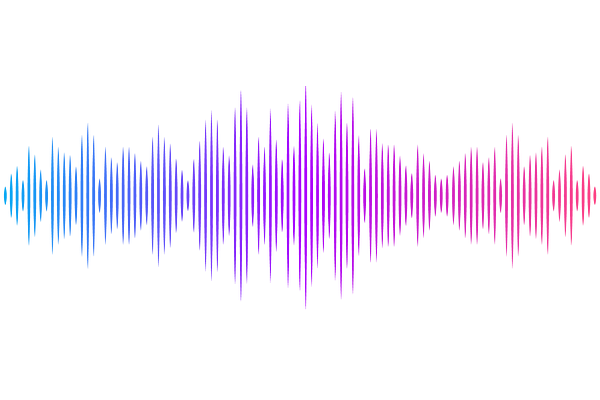DNA extracted from boiled archival fish bones yields high quality whole genome sequencing data

DNA extracted from boiled archival fish bones yields high quality whole genome sequencing data
Niu, J.; Vasemägi, A.; Lopez, M. E.; Pukk, L.; Huss, M.; Gardmark, A.
AbstractArchival samples provide a unique source of DNA, offering the potential to extend the temporal scale of genetic studies by decades to centuries. Fish hard structures, such as otoliths and scales, serve as records for fish collected during fisheries monitoring across a large spatiotemporal scale. Operculum bones are a type of fish hard structure that, although less commonly collected, have been utilized in genetic studies. However, the usefulness of archived operculum bones to provide high quality whole genome sequence information has not been thoroughly evaluated. Here, we applied a commercially available extraction protocol, with minor adjustments, to isolate genomic DNA from operculum bones of Eurasian perch collected up to 47 years ago, followed by standard short-read whole genome sequencing. By comparing the metrics of DNA and whole genome sequencing data of bones with contemporary muscle samples, we demonstrate that the application of a simple extraction protocol on boiled archival fish operculum bones yields high quality genomic information that is comparable to fresh tissue, highlighting the role of archival operculum bones as an overlooked repository of valuable genomic information.